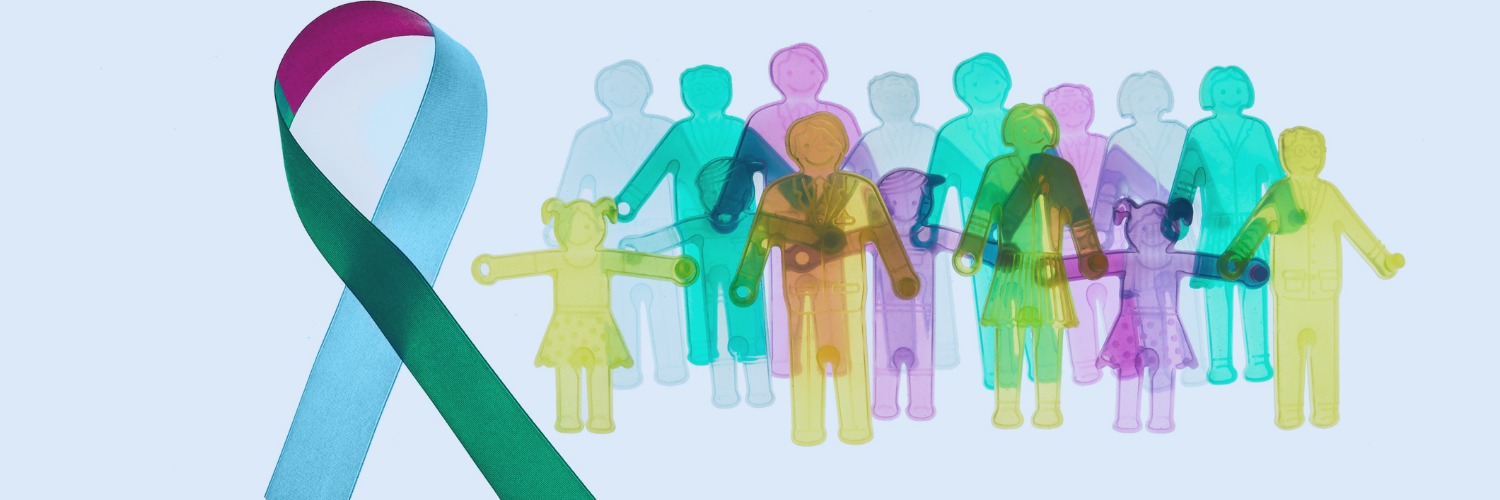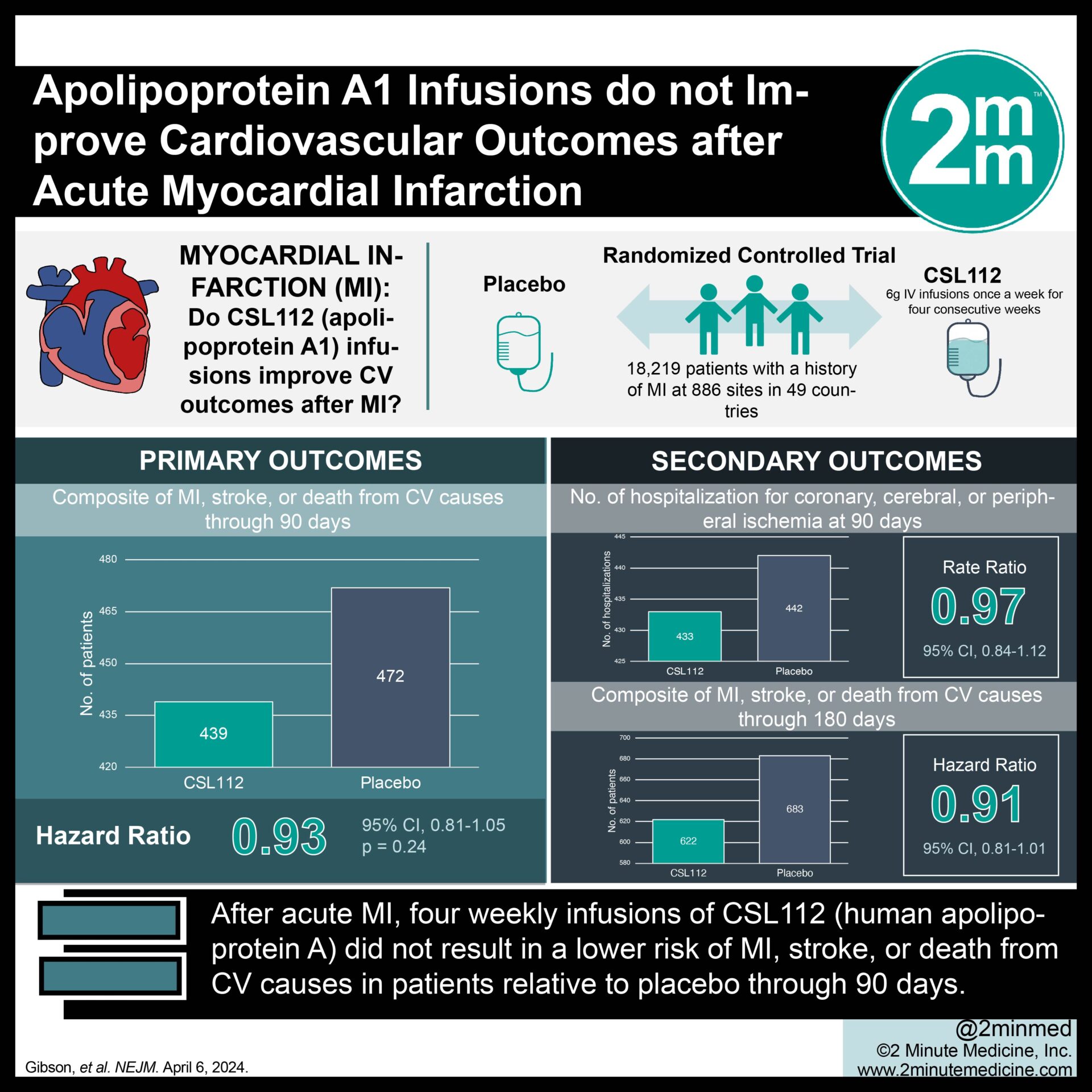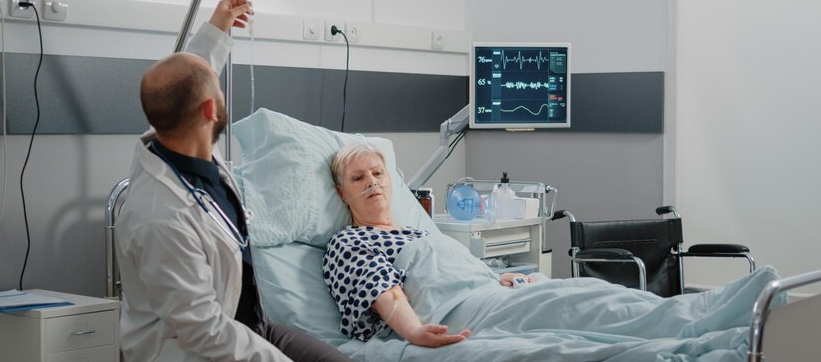The coronavirus disease 2019 (COVID-19) pandemic facilitated the rapid development of digital detection surveillance (DDS) for outbreaks. This qualitative study examined how DDS for infectious diseases (ID) was perceived and experienced by primary care physicians and patients in order to highlight ethical considerations for promoting patients’ autonomy and health care rights.
In-depth interviews were conducted with a purposefully selected group of 16 primary care physicians and 24 of their patients. The group was reflective of a range of ages, educational attainment, and clinical experiences from urban areas in northern and southern China. Interviews were audio recorded, transcribed, and translated. Two researchers coded data and organized it into themes. A third researcher reviewed 15% of the data and discussed findings with the other researchers to assure accuracy.
Five themes were identified: ambiguity around the need for informed consent with usage of DDS; importance of autonomous decision-making; potential for discrimination against vulnerable users of DDS for ID; risk of social inequity and disparate care outcomes; and authoritarian institutions’ responsibility for maintaining health data security. The adoption of DDS meant some patients would be reluctant to go to the hospital for fear of either being discriminated against or forced into quarantine. Certain groups (older people and children) were thought to be vulnerable to DDS misappropriation.
These findings indicate the paramount importance of establishing national and international ethical frameworks for DDS implementation. Frameworks should guide all aspects of ID surveillance, addressing privacy protection and health security, and underscored by principles of social equity and accountability.
© 2022 Annals of Family Medicine, Inc.














